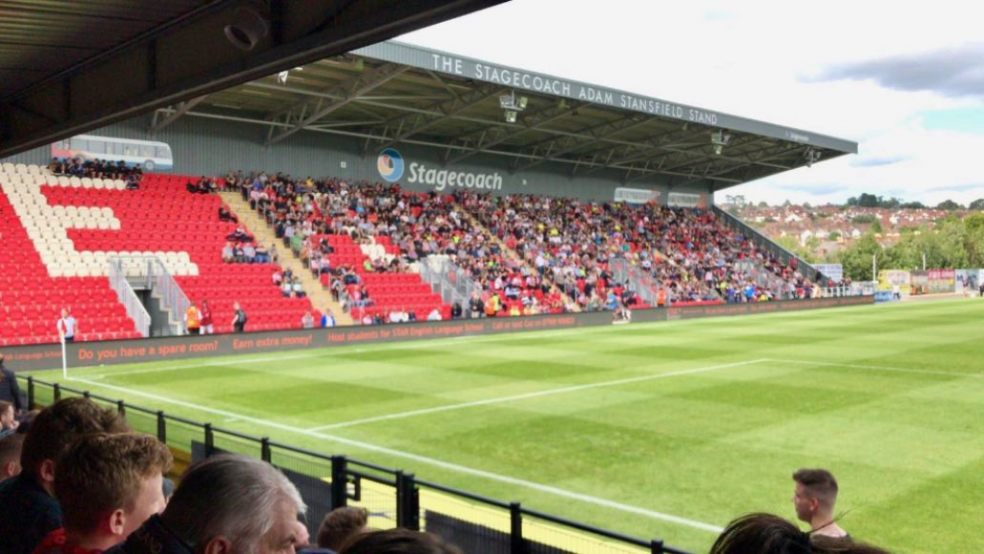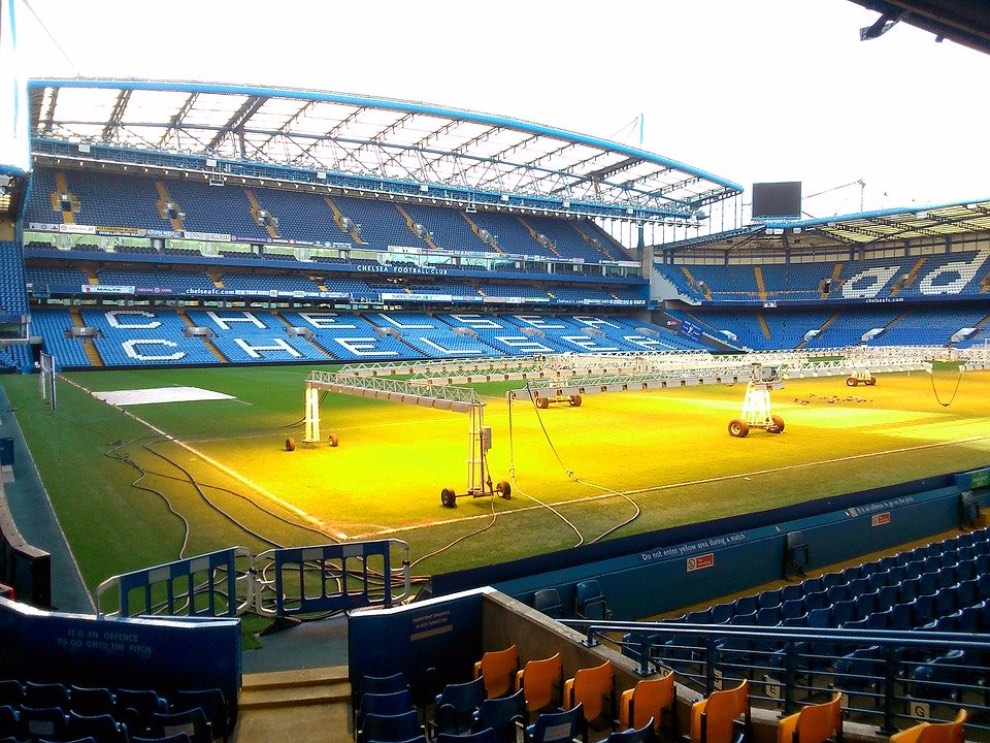
Grecians boss Taylor warns the future of City’s academy is at risk
Exeter City boss Matt Taylor believes seismic alterations to the Elite Player Performance Plan (EPPP) are required in order to help lower league clubs to avoid losing valuable income for developing young talent - talent that is arguably the lifeblood of teams outside the riches of the Premier League and the Championship.
The overall goal of EPPP is to improve the number and calibre of homegrown players in senior squads up and down the country. However, Taylor argues that there is no evidence of this happening, with promising youngsters being snapped up by elite clubs before they get a chance to perform for hometown clubs like Exeter.
The Grecians’ highly-rated academy is a Category 3 facility, which has been a genuine conveyor belt of talent in recent years. The likes of Ollie Watkins, Dean Moxey, Jordan Storey and Matt Grimes have all gone on to bigger and better things after leaving City. The major benefit of these departures was that the club realised significant transfer fees for all of them, with Ollie Watkins fetching an undisclosed sum, thought to be worth around £1.8 million. Watkins has been a revelation in attack for Championship side Brentford this season, bagging 18 league goals in 29 appearances, catching the eye of the Bees’ West London neighbours Chelsea along the way.
City weren’t adequately compensated for Ampadu and Stansfield

Caption: Ethan Ampadu has a pathway to the Chelsea first team – after being poached from the Grecians
One of the main issues that have left a bitter taste in the mouths of City’s academy staff more recently is the lack of financial compensation for the likes of Ethan Ampadu and Jay Stansfield. Both were snapped up on professional terms by Premier League clubs before they turned 16, when the Grecians would have obtained a fairer fee.
Ampadu is currently on-loan with Bundesliga outfit RB Leipzig, but the Exeter-born ace is pinning his hopes on getting a chance under Blues boss Frank Lampard next season. Chelsea’s long-term plan to focus on nurturing their academy talent, such as Ampadu, has naturally seen them disappear off the face of the earth at the top of the Premier League winner odds markets, but could reap them huge dividends over the next three-to-four years.
The success of the likes of Ampadu and Stansfield has meant that Exeter’s academy prospects are now well and truly on the radar of top-flight scouts. Consequently, the Grecians are already bracing themselves for more Premier League interest in the likes of midfielder Ben Chrisene, who became the club’s youngest ever player earlier this season at aged 15. Taylor’s desire to give young, homegrown talent a chance is laudable, but by placing them in the shop window it puts them at risk of being poached, something that is counter intuitive for the EPPP.
The “brute reality” of EPPP is forcing teams to consider alternative youth setups
Taylor believes that “until those rules and laws change”, clubs like City will be left in a “really difficult position”. He said that the “brute reality” is that the club will no longer be able to have young players in the Grecians’ first team as “saleable assets”, simply because they will be snapped up long before that’s possible. With no financial protection for the club until their academy prospects turn 16, clubs like Exeter are merely doing all the hard work for the big boys to come along and take them when the time is right, all for peanuts in financial terms.
The compensation formula for EPPP for Category 3 academies like Exeter’s is just £12,500 for any player poached aged between under-12 and under-16 level. That’s a drop in the ocean compared to the running costs for clubs even of Exeter’s size, not to mention that this fee would barely cover a week’s wage for some second-tier players in the Championship.
The flawed compensation structure has forced other teams like Brentford to do away with their academies altogether in favour of a ‘B team’ instead, filled with under-23 prospects. Taylor admits it is something the Grecians’ hierarchy is considering, but the club is still loathed to lose its academy “trademark” from recent years. Nevertheless, if it stops becoming financially viable, City could be left with no other option.















